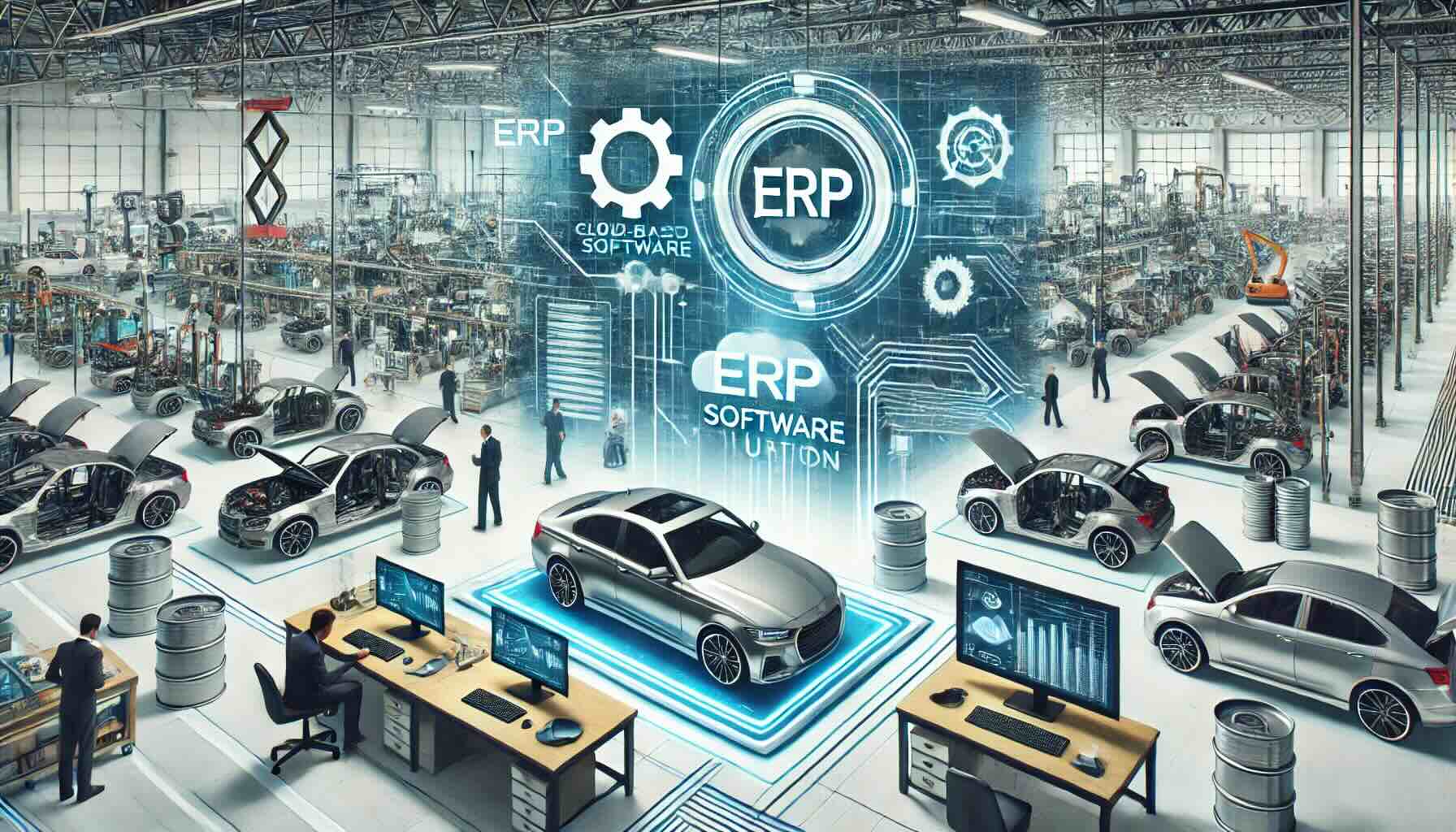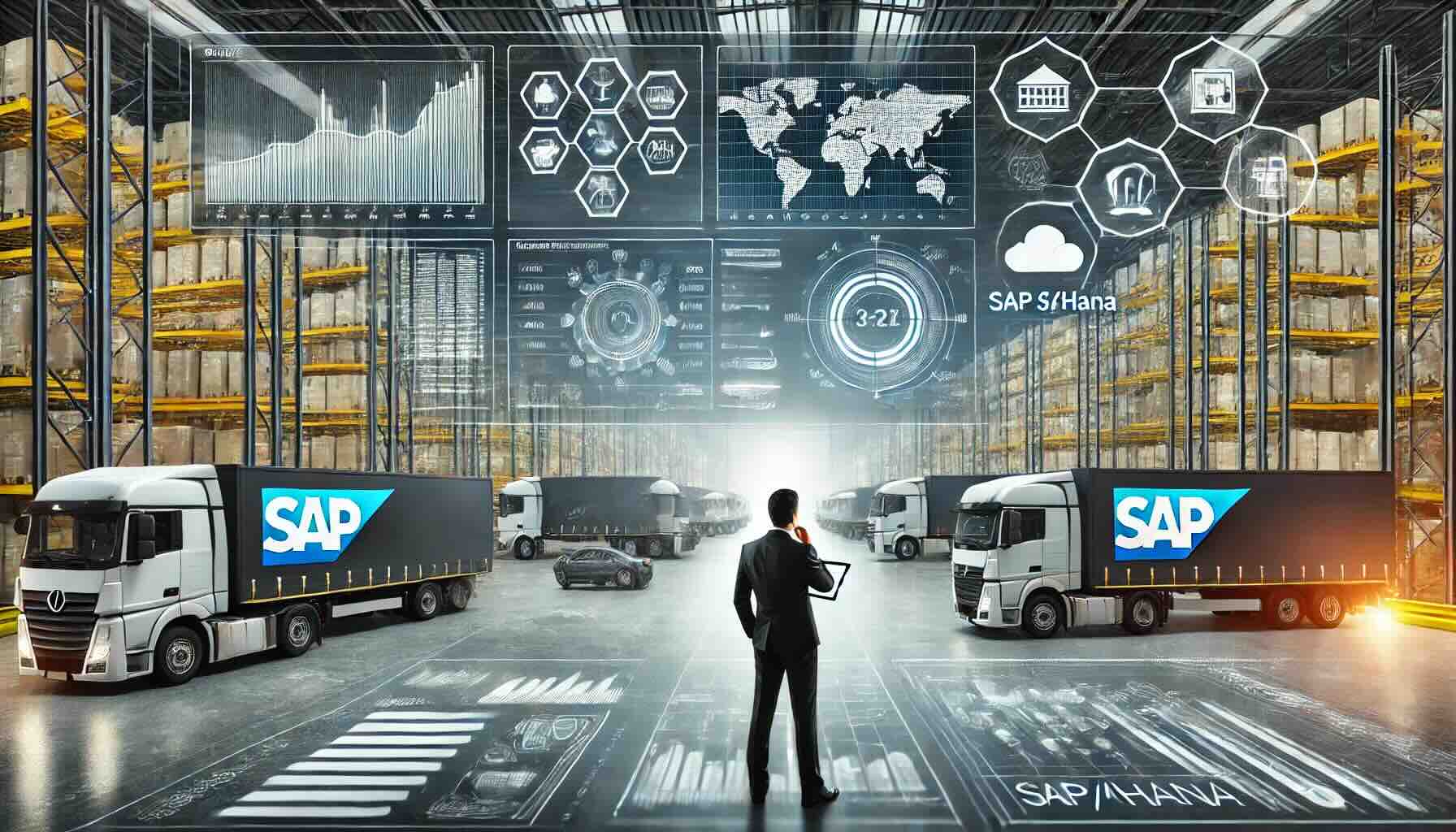Best ERP for Professional Services: A Comprehensive Guide

In the fast-paced world of professional services, efficiency and accuracy are paramount. Whether you’re managing projects, resources, or finances, having a robust Enterprise Resource Planning (ERP) system can make a significant difference. But with so many options available, how do you choose the best ERP for professional services? This guide will walk you through the top contenders, detailing their pros and cons to help you make an informed decision.
What is an ERP System?
ERP stands for Enterprise Resource Planning. It’s a type of software used by organizations to manage day-to-day business activities such as accounting, project management, procurement, and supply chain operations. For professional services firms, an ERP system can streamline processes, improve collaboration, and provide real-time insights into business performance.
Why Do Professional Services Firms Need ERP?
Professional services firms face unique challenges, including complex project management, resource allocation, and client billing. An ERP system designed for professional services can help address these challenges by:
- Improving Project Management: Track project progress, deadlines, and budgets more effectively.
- Optimizing Resource Allocation: Allocate resources based on availability and skill sets to ensure optimal utilization.
- Enhancing Financial Management: Manage invoicing, expenses, and profitability with greater accuracy.
- Boosting Collaboration: Foster better communication and collaboration across departments and teams.
- Providing Real-time Insights: Gain visibility into key performance metrics to make informed decisions.
Top ERP Systems for Professional Services
1. Oracle NetSuite
Oracle NetSuite is a leading cloud-based ERP solution that offers a comprehensive suite of applications for professional services firms. Known for its extensive range of functionalities, NetSuite provides robust project management, resource planning, and financial management capabilities. The system is designed to support businesses of all sizes, offering scalability and flexibility to grow with your firm.
Pros:
- Comprehensive Suite: Offers a wide range of functionalities including CRM, HR, and eCommerce.
- Cloud-Based: Accessible from anywhere, with automatic updates and lower IT costs.
- Scalability: Suitable for firms of all sizes, with the ability to grow as your business expands.
Cons:
- Cost: Can be expensive, especially for small firms.
- Complexity: The wide range of features can be overwhelming and require significant training.
- Customization: Customization can be complex and may require professional services.
2. SAP S/4HANA Cloud
SAP S/4HANA Cloud is a powerful ERP solution that leverages artificial intelligence and machine learning to optimize business processes. This system is particularly well-suited for large professional services firms with complex needs, offering comprehensive financials, project management, and resource planning capabilities. SAP S/4HANA stands out for its ability to handle large-scale operations and provide deep insights through advanced analytics.
Pros:
- AI and ML Integration: Provides advanced automation and predictive analytics.
- Comprehensive Financials: Advanced financial planning and analysis tools.
- Scalability: Designed to support growth and scalability for large enterprises.
Cons:
- High Cost: One of the more expensive ERP solutions on the market.
- Complex Implementation: Can be challenging and time-consuming to implement.
- User Training: Requires extensive training for users to fully leverage its capabilities.
3. Microsoft Dynamics 365
Microsoft Dynamics 365 offers a flexible ERP solution that integrates seamlessly with other Microsoft products. This system is ideal for firms looking for a customizable and scalable ERP system. Dynamics 365 combines CRM and ERP capabilities, offering advanced project management, resource planning, and financial management tools within a familiar Microsoft environment.
Pros:
- Integration: Seamless integration with Office 365 and other Microsoft applications.
- Customization: Highly customizable to meet specific business needs.
- Advanced Analytics: Powerful analytics and reporting tools.
Cons:
- Cost: Licensing can be complex and potentially expensive.
- Complexity: Customization can be complex and may require professional services.
- User Adoption: Users may face a learning curve, especially if not familiar with Microsoft products.
4. Deltek Vantagepoint
Deltek Vantagepoint is specifically designed for professional services firms, offering industry-specific functionalities. This ERP system is particularly popular among architecture, engineering, and consulting firms. Vantagepoint provides integrated tools for project management, resource planning, and client management, making it a robust solution for firms with specific industry needs.
Pros:
- Industry-Specific: Tailored functionalities for professional services firms.
- Project and Resource Management: Integrated tools for managing projects and resources.
- Client Management: Advanced CRM capabilities.
Cons:
- User Interface: Some users find the interface less intuitive compared to competitors.
- Integration: Limited integration options with non-Deltek products.
- Cost: Can be costly, especially for smaller firms.
5. Acumatica Cloud ERP
Acumatica Cloud ERP is a versatile solution that offers a range of functionalities tailored for professional services firms. Known for its user-friendly interface and flexible deployment options, Acumatica provides a comprehensive suite of applications including project management, CRM, and financials. This system is ideal for firms looking for an intuitive and flexible ERP solution.
Pros:
- Flexible Deployment: Available as a cloud-based or on-premises solution.
- User-Friendly Interface: Intuitive and easy-to-use interface.
- Comprehensive Suite: Full range of ERP applications including project management, CRM, and financials.
Cons:
- Customization: Customization options can be limited compared to other ERP systems.
- Support: Customer support can be inconsistent.
- Functionality Gaps: Some advanced features may be lacking compared to larger ERP solutions.
Choosing the Best ERP for Your Firm
When selecting the best ERP for professional services, consider the following factors:
- Firm Size and Complexity: Choose an ERP that can handle the scale and complexity of your operations.
- Specific Needs: Ensure the ERP system addresses your firm’s unique requirements, such as project management or resource allocation.
- Budget: Consider the total cost of ownership, including implementation, licensing, and maintenance costs.
- Integration: Look for an ERP that integrates seamlessly with your existing systems and tools.
- Scalability: Choose a solution that can grow with your firm and adapt to changing needs.
Conclusion
Investing in the best ERP for professional services can transform the way your firm operates, enhancing efficiency, collaboration, and profitability. By carefully evaluating your options and considering your specific needs, you can find the perfect ERP solution to drive your firm’s success. Whether you choose Oracle NetSuite, SAP S/4HANA Cloud, Microsoft Dynamics 365, Deltek Vantagepoint, or Acumatica Cloud ERP, the right ERP system will be a game-changer for your professional services firm.
To compare these ERP solutions and many more, you can use our new AI-powered Compare ERP tool. It’s free to use and you get a guaranteed discount on your first year’s licence fees with a referral from Compare ERP.









